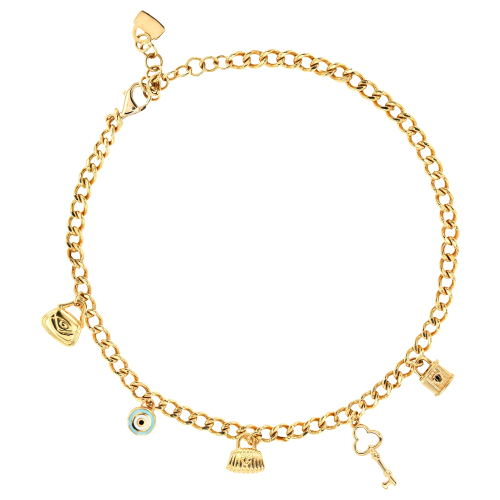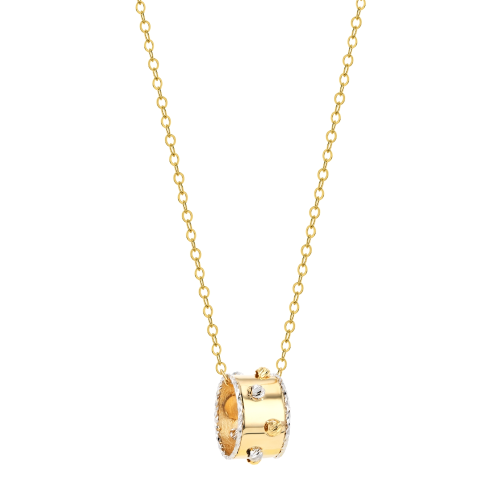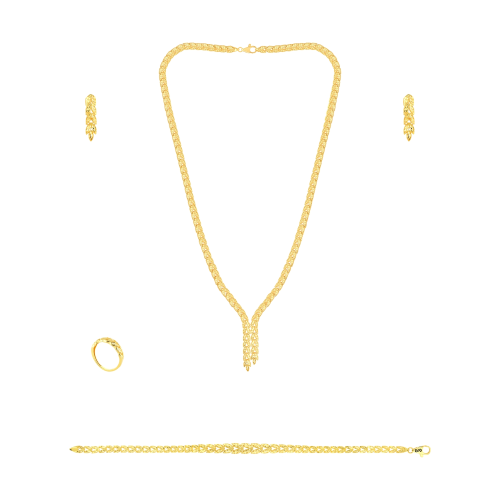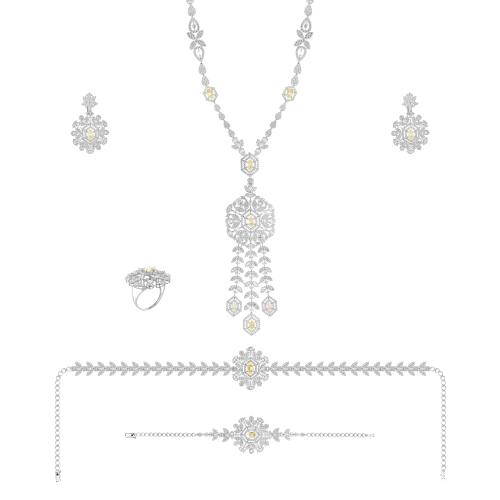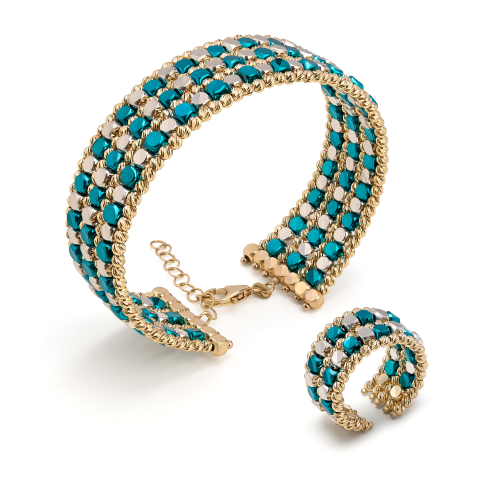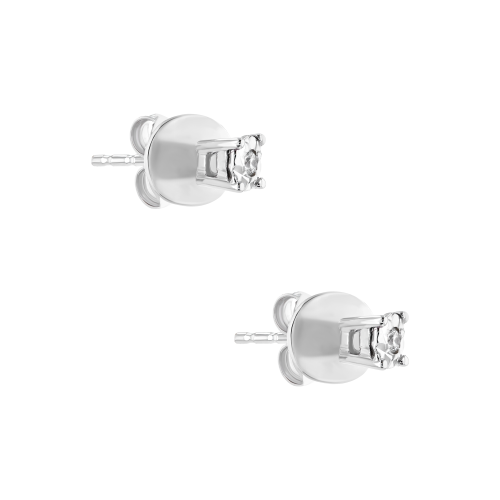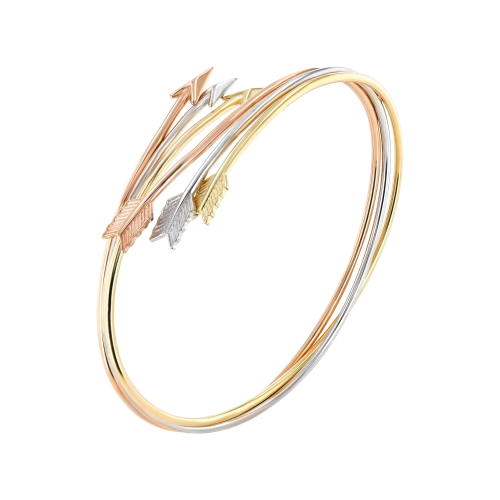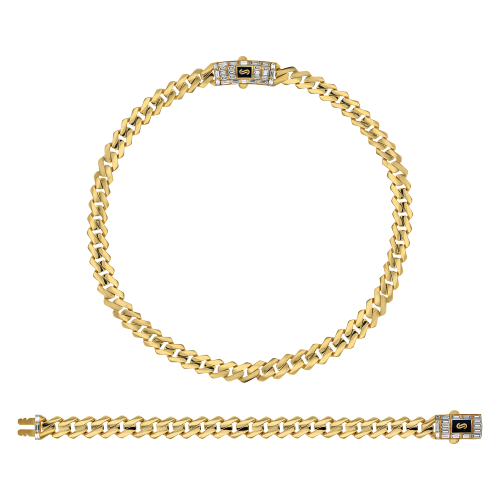The Connection Between Gold and Gratitude: A Reflection for Eid al-Fitr
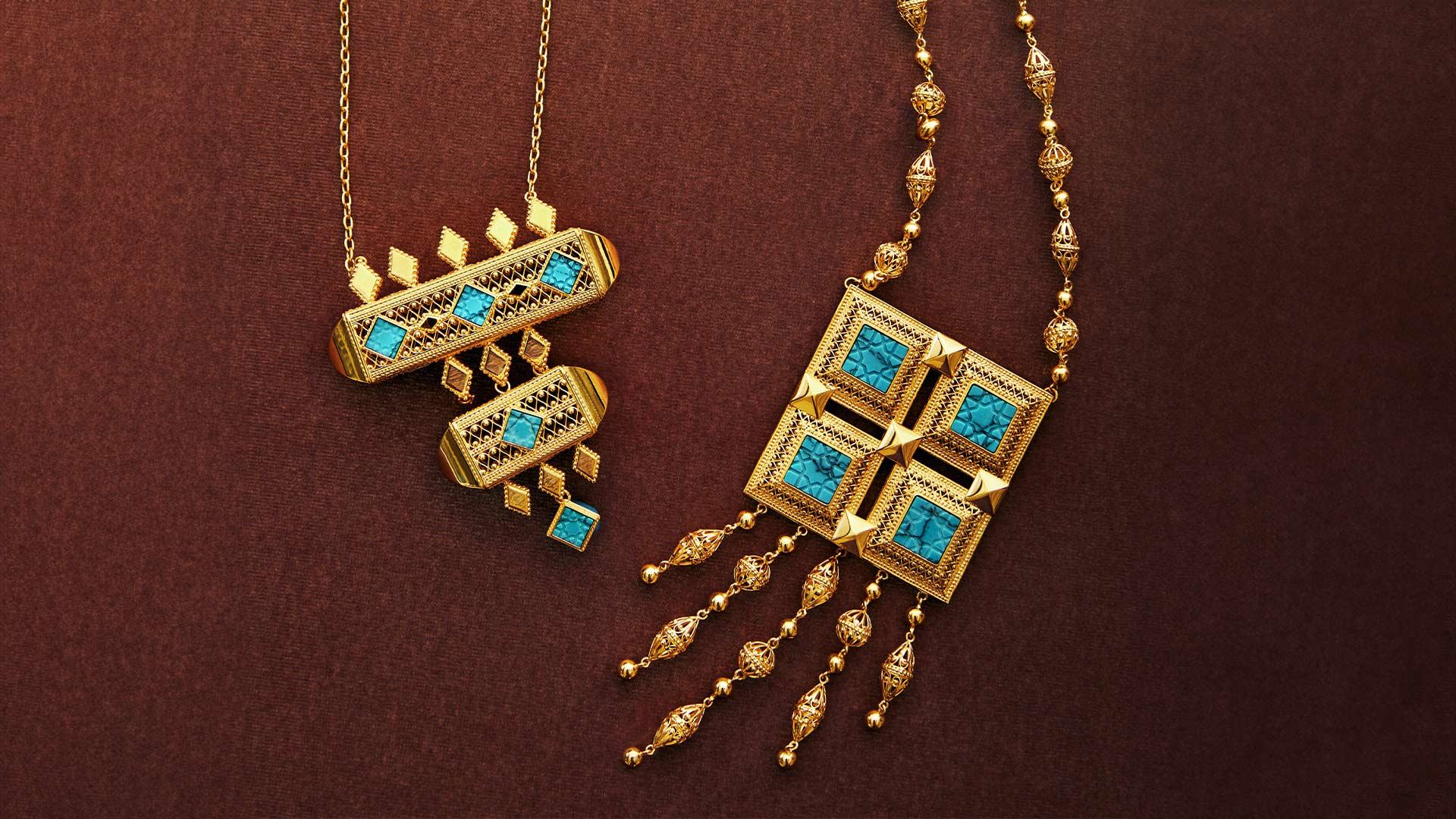
As the crescent moon marks the end of Ramadan and the beginning of Eid al-Fitr, Muslims worldwide engage in celebration, reflection, and gratitude. This joyous occasion brings with it a profound opportunity to contemplate the symbolic connections between material prosperity and spiritual wealth. In particular, the relationship between gold—one of humanity's most treasured metals—and gratitude—one of our most treasured virtues—offers a fascinating lens through which to view this blessed holiday.
The Enduring Value of Gold in Islamic Tradition
Gold has held a special place in Islamic culture and tradition since the faith's earliest days. From the intricate geometric patterns adorning ancient mosques to the gold coins (dinars) that once formed the backbone of commerce across the Islamic world, this precious metal has been intertwined with Muslim life for centuries.
During Eid al-Fitr, gold takes on renewed significance. The tradition of giving gifts, particularly to children in the form of "Eidi," often includes gold jewelry or coins. These gifts represent not only material value but also the transfer of blessings and good fortune. In many Muslim households, special occasions call for the wearing of family heirlooms—gold bangles, necklaces, and rings that have been passed down through generations, carrying with them stories and connections to ancestors.
This enduring value mirrors an essential quality of gratitude. Like gold, which does not tarnish or degrade over time, true gratitude maintains its worth across a lifetime. Both represent a form of wealth that appreciates rather than depreciates with the passage of years.
Purification: The Refining Process
One of the most compelling parallels between gold and gratitude lies in their refinement processes. Gold in its natural state must undergo intense heat to remove impurities and reveal its true luster. This process transforms raw ore into something of extraordinary beauty and value.
Ramadan serves a similar function for the human spirit. Through fasting, prayer, and self-reflection, Muslims undergo a spiritual purification. The hunger of daylight hours, the focus of additional prayers, and the conscious effort to improve one's character all serve to burn away impurities of the soul. When Eid al-Fitr arrives, there is a sense of emerging from this spiritual refinery with a heart more capable of genuine gratitude.
The Prophet Muhammad (peace be upon him) emphasized the importance of this inner transformation when he said, "Fasting is a shield." Just as the refining process protects gold from corrosion by removing elements that would cause deterioration, the spiritual disciplines of Ramadan shield the heart from ingratitude by removing the impurities of excess, entitlement, and forgetfulness.
Scarcity and Abundance
Gold derives much of its value from its relative scarcity. It cannot be manufactured or replicated; it must be discovered, mined, and cherished for what it naturally is. This scarcity principle applies equally to moments of profound gratitude.
In our modern lives, where convenience and immediacy often rule, opportunities for deep appreciation can become surprisingly rare. Eid al-Fitr creates space for this precious emotional state to emerge. After a month of voluntary deprivation, the simple pleasures of eating during daylight, gathering with loved ones, and celebrating community take on heightened significance.
The Qur'an reminds believers: "If you are grateful, I will surely increase you" (Ibrahim 14:7). This divine promise suggests that gratitude, like gold, operates under a principle of increase rather than diminishment. The more we express genuine thankfulness, the more abundance we experience—not necessarily material abundance, but the richness of presence, connection, and spiritual contentment.
The Currency of Connection
Historically, gold served as the ultimate medium of exchange, a universal currency that facilitated connection between different peoples and cultures. The gold dinar allowed trade to flourish across the vast Islamic empires, creating networks of mutual benefit and cultural exchange.
Gratitude functions similarly in human relationships. When we express sincere appreciation to others, we establish a currency of connection that enriches both parties. During Eid al-Fitr, this exchange becomes particularly visible as Muslims offer thanks to Allah for the opportunity to have completed another Ramadan, to family members for their support during the fasting month, and to community members who have shared in both the challenges and joys of the season.
The traditional Eid greeting—"Eid Mubarak" or "Blessed Eid"—represents this exchange in its simplest form. When offered with genuine feeling, these words create a momentary bond between individuals, a recognition of shared experience and mutual goodwill that transcends ordinary social interactions.
Beyond Material Value
Perhaps the most important connection between gold and gratitude is that both ultimately point beyond themselves to something greater. Gold, for all its material value, serves its highest purpose when it facilitates generosity and care for others. The Islamic principle of Zakat (obligatory charity) recognizes this truth by requiring those who possess gold above a certain threshold to give a portion to those in need.
Similarly, gratitude finds its fullest expression not in mere feeling but in action. The Prophet Muhammad taught that "he who does not thank people does not thank Allah." This wisdom reveals the interconnected nature of appreciation—our gratitude toward the Creator finds tangible expression in how we acknowledge and value His creation, particularly our fellow human beings.
A Reflection for This Eid
As we celebrate Eid al-Fitr this year, we might consider how to cultivate both the "gold" and "gratitude" in our lives with greater intentionality. Each complements and enhances the other. Material blessings, when recognized with thankfulness, become occasions for spiritual growth rather than attachment. Spiritual gratitude, when expressed through generosity with material resources, becomes tangible rather than theoretical.
The brilliant Islamic scholar Al-Ghazali wrote that "thankfulness is the awareness of the heart of the bestowing of the Bestower." This awareness transforms how we perceive everything in our lives—challenges become opportunities, ordinary moments become extraordinary, and the people around us become visible as the gifts they truly are.
In the joyful celebrations of Eid al-Fitr, as families gather in their finest clothes, often adorned with precious jewelry, and as gifts are exchanged and charity given, we witness the beautiful synergy of material and spiritual wealth. The gold we wear or give reminds us of the more precious gold we cultivate within—the capacity for profound gratitude that enriches our lives far beyond any material treasure.
Eid Mubarak to all who celebrate. May your festivities be filled with both the gleam of gold and the even brighter light of a truly grateful heart.
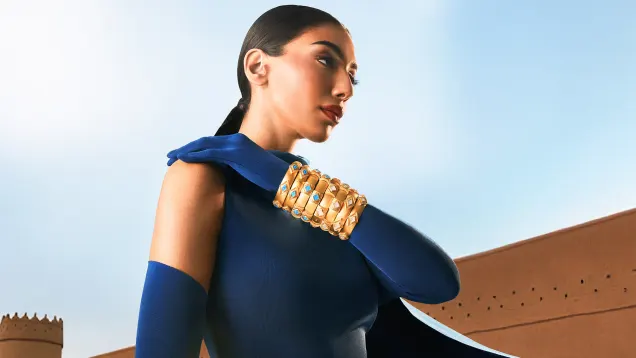
Our Promise
Fast shipping
Receive your jewelry in maximum 3 days.
Return guaranteed
Requesting a return is quick and easy.
Ethical Sourcing
Ethically Sourced Materials
Payments
Buy in the most convenient way for you.
